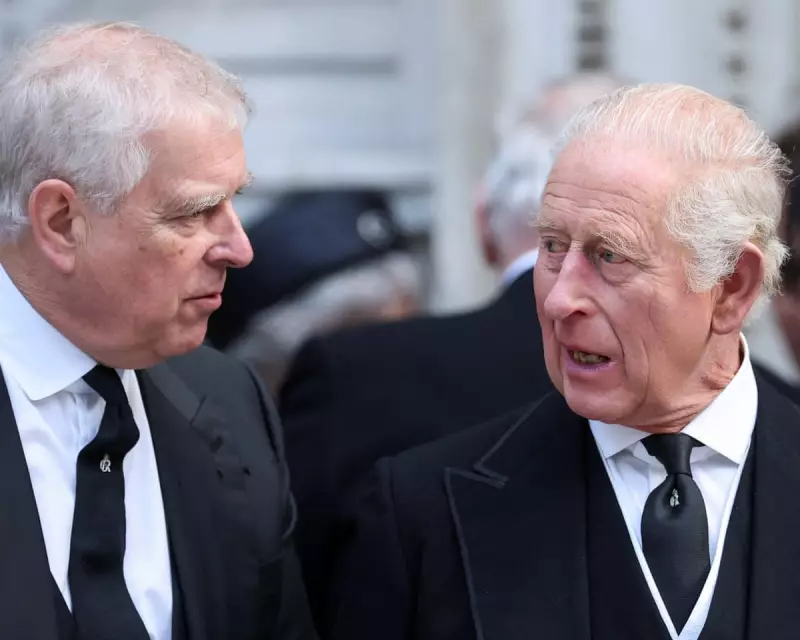
Throughout human history, few relationships have proven as complex and combustible as that between brothers. The recent revelations about the strained dynamic between King Charles III and Prince Andrew serve as just the latest chapter in an ancient story of sibling rivalry that stretches back to the very dawn of civilisation.
The Original Sin: Cain and Abel's Deadly Conflict
This foundational tale from the Book of Genesis represents perhaps the most extreme example of brotherly discord. When God favoured Abel's offering over Cain's, the resulting jealousy culminated in history's first recorded murder—a stark reminder that sibling rivalry can have fatal consequences.
Medieval Power Struggles: Brother Against Brother
English history provides numerous examples of fraternal conflict, particularly within royal circles where power often trumped blood ties:
- William the Conqueror's sons: After William's death in 1087, his realm was divided between his sons, leading to immediate conflict as Robert Curthose, William Rufus, and Henry I battled for supremacy.
- Edward III's descendants: The Plantagenet brothers' squabbles over succession would eventually escalate into the decades-long War of the Roses.
The Windsor Tensions: A Modern Royal Divide
The current royal family continues this historical pattern, with the relationship between King Charles and Prince Andrew becoming increasingly strained in recent years. The fallout from Andrew's association with Jeffrey Epstein and subsequent withdrawal from royal duties has created what palace insiders describe as a "significant rift" between the brothers.
This modern royal drama echoes historical precedents while playing out under the intense scrutiny of 21st-century media. The King's efforts to modernise the monarchy have reportedly clashed with his brother's expectations and behaviour, creating tensions that reflect both personal differences and institutional necessities.
Beyond Blood: What Drives Brotherly Conflict?
Psychologists and historians identify several recurring themes in these famous fraternal disputes:
- Competition for parental approval: From biblical times to modern royalty, seeking validation from authority figures remains a powerful driver of conflict.
- Power and succession: In royal and political contexts, the stakes involve not just personal pride but nations and fortunes.
- Divergent values: As seen with Charles and Andrew, differing approaches to duty and personal conduct can create irreconcilable differences.
These historical and contemporary examples demonstrate that while times change, the fundamental dynamics of brotherly relationships remain remarkably consistent. The tension between familial bonds and competing ambitions continues to create stories that captivate us centuries after the original conflicts unfolded.





